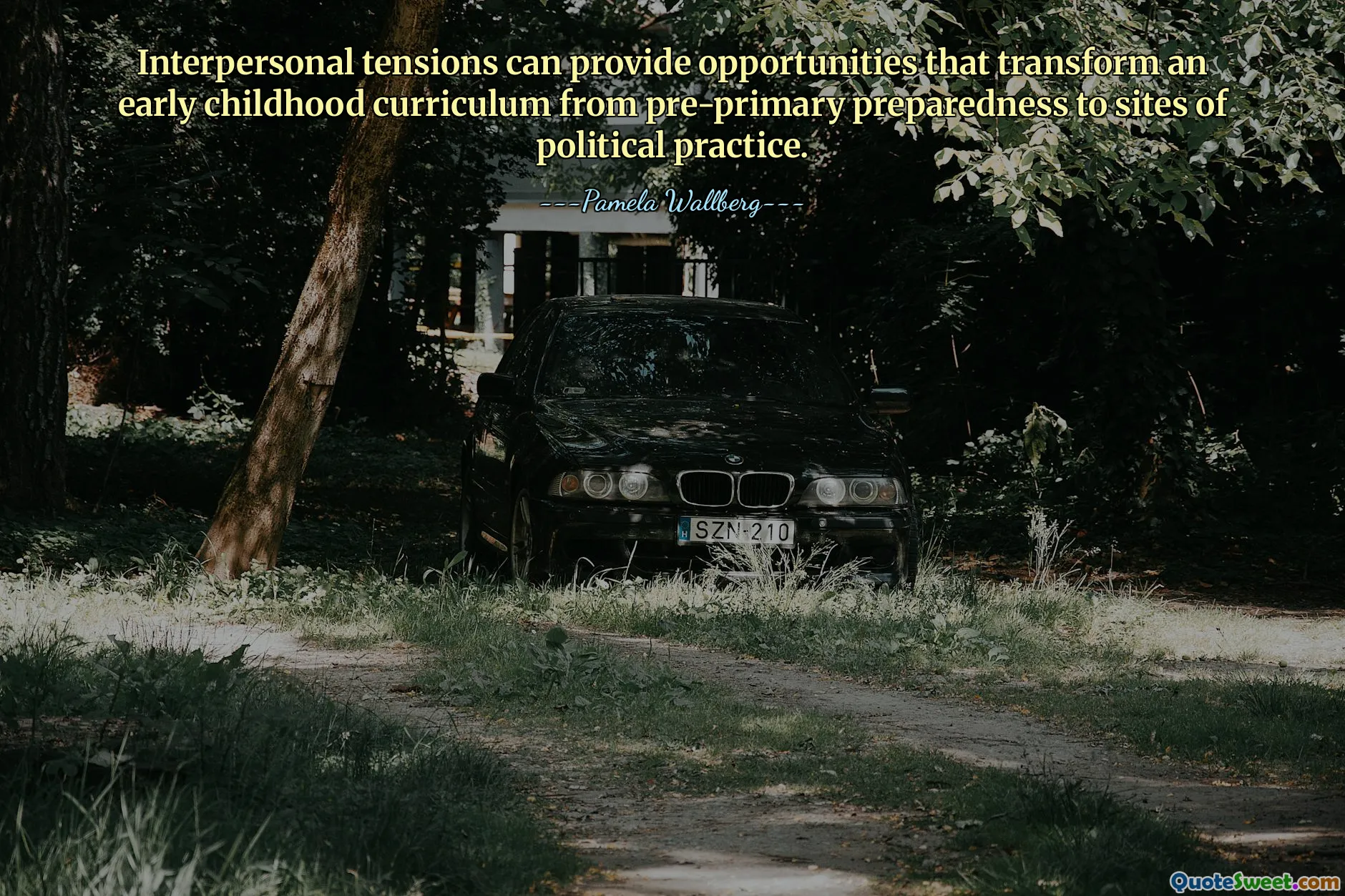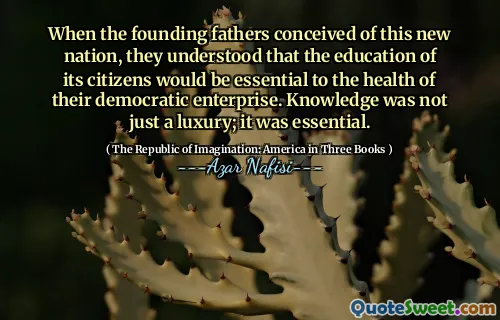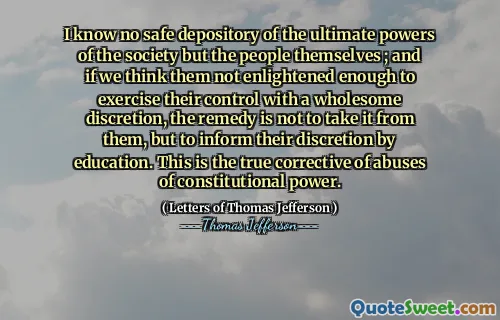
Interpersonal tensions can provide opportunities that transform an early childhood curriculum from pre-primary preparedness to sites of political practice.
This quote highlights the often-overlooked role of social conflicts and tensions within early childhood education. While conflicts among young children or between educators and students may seem disruptive or undesirable at first glance, they actually hold significant potential for growth and development. These tensions can serve as fertile ground for children to learn important social skills such as conflict resolution, empathy, negotiation, and understanding differing perspectives. Engaging with such challenges encourages children to develop resilience and critical thinking, transforming their learning environment into a dynamic space where social and political awareness can be cultivated from a very young age.
Furthermore, the quote underscores the idea that educational settings are not merely about preparing children academically, but also about shaping their social consciousness and political sensibilities. When conflicts are approached constructively, they become opportunities for children to explore notions of power, justice, fairness, and community. This perspective urges educators to view interpersonal tensions not as problems to be eliminated, but as vital moments of pedagogical intervention that can help children understand and navigate complex social realities.
In essence, this transformation from a simple early childhood curriculum to a space of political practice emphasizes the importance of intentional teaching strategies that acknowledge and harness interpersonal tensions. It advocates for an education model where conflict is seen as a necessary component of learning about societal structures and individual agency, ultimately fostering more aware, engaged, and socially responsible citizens from a young age.











